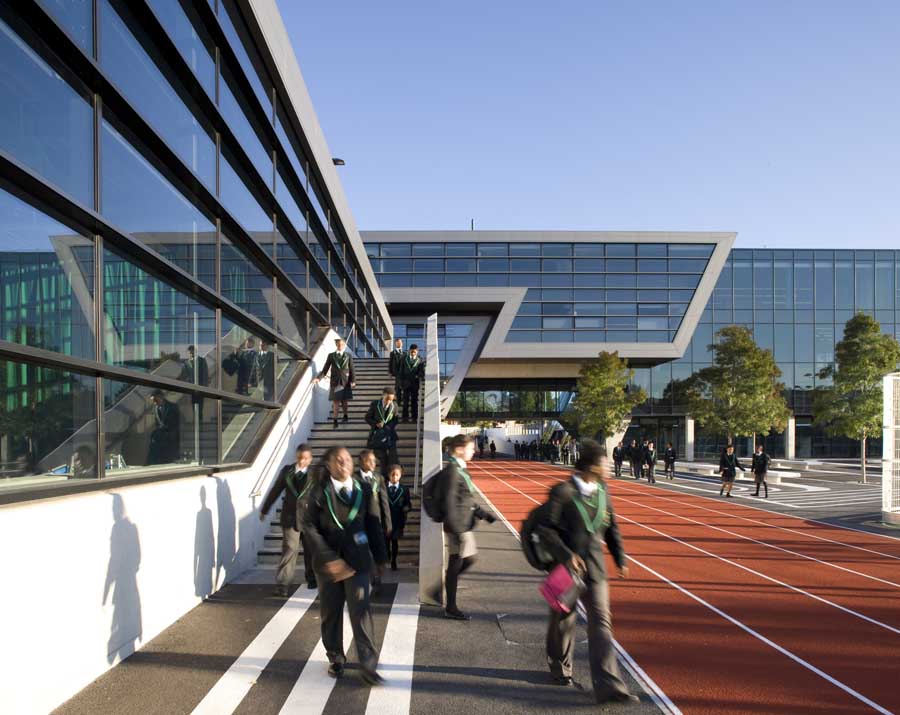Academy Schools and Selective Admissions: The Backdrop
Summary
A study released in 2012 through the Development Commission has suggested that a few of the new generation of academy schools maybe using de facto selection techniques to affect their particular intakes towards the favour of the results and gratifaction. […]

A study released in 2012 through the Development Commission has suggested that a few of the new generation of academy schools maybe using de facto selection techniques to affect their particular intakes towards the favour of the results and gratifaction. There’s without doubt that there has been some good success tales among the raft of recent schools which have transformed into academy status within the last couple of years but what is the question over how these results happen to be acquired and whether or not they really are a true reflection of performance? The very first installment want to know , recaps what academy schools are so when selective admissions are allowed.
What exactly are Academy Schools?
Academy Schools were introduced as City Development through the Work government in 2000 for the exact purpose of reworking the fortunes of failing city secondary schools in England by supplying all of them with the freedoms of self governance together having the ability to team with partners in the private and public sectors who’ve encounters of delivering success within their particular fields. In This summer 2010, the present coalition government accepted and increased the academy project passing the Development Act passed soon after the beginning of its term. The act opened up up and promoted the chance for those schools to try to get academy status and for that reason nowadays there are 2,619 presently operating in England.
In the centre of the definition is the concept that development are schools which still receive funding from central government – exactly the same funding per mind like a traditional condition school would receive through the local education authority (LEA) – but they’re free of the charge of stated local education government bodies. Therefore, they cost nothing to find out the way the school operates to some significant extent namely, how individuals money is allotted on school sources (including staff pay), the size of the college day and also the dates of faculty terms, uniforms, the way the school is structured and, most significantly, how and what they educate because they are not needed to follow along with the nation’s curriculum fully. However, despite being afforded most of the freedoms of independently run schools, development continue to be understood to be condition schools because of their funding and therefore are susceptible to Ofsted inspections and therefore are prohibited from charging charges.
The Guidelines Concerning Selection
Schools that become academy status could use selection processes like the 11 plus when they accomplished it before their conversion. Many Grammar schools for instance which were formerly run underneath the grant maintained plan, that also gave them autonomy from municipality control but use of central government funding, found an all natural match the academy structure and thus made the conversion. These schools exist around the principle of supplying tailored education towards the greatest achievers regardless of their social background so trusted while using 11 plus to pick these children and could achieve this following their change to development.
Condition schools that become academy status which do/didn’t implement any selection criteria as LEA controlled schools, cannot subsequently become selective within their admission however, as this would undermine certainly one of their mentioned aims, they are driving up academic standards in their local neighborhoods.
